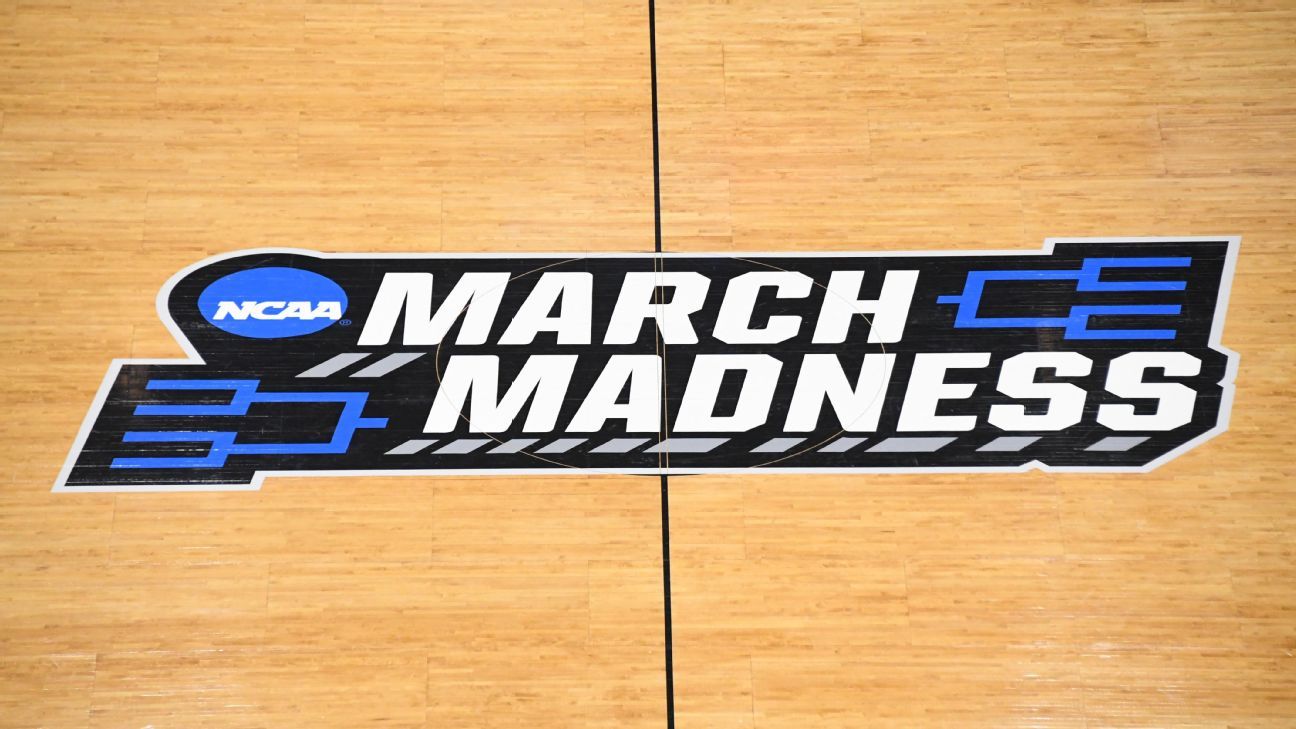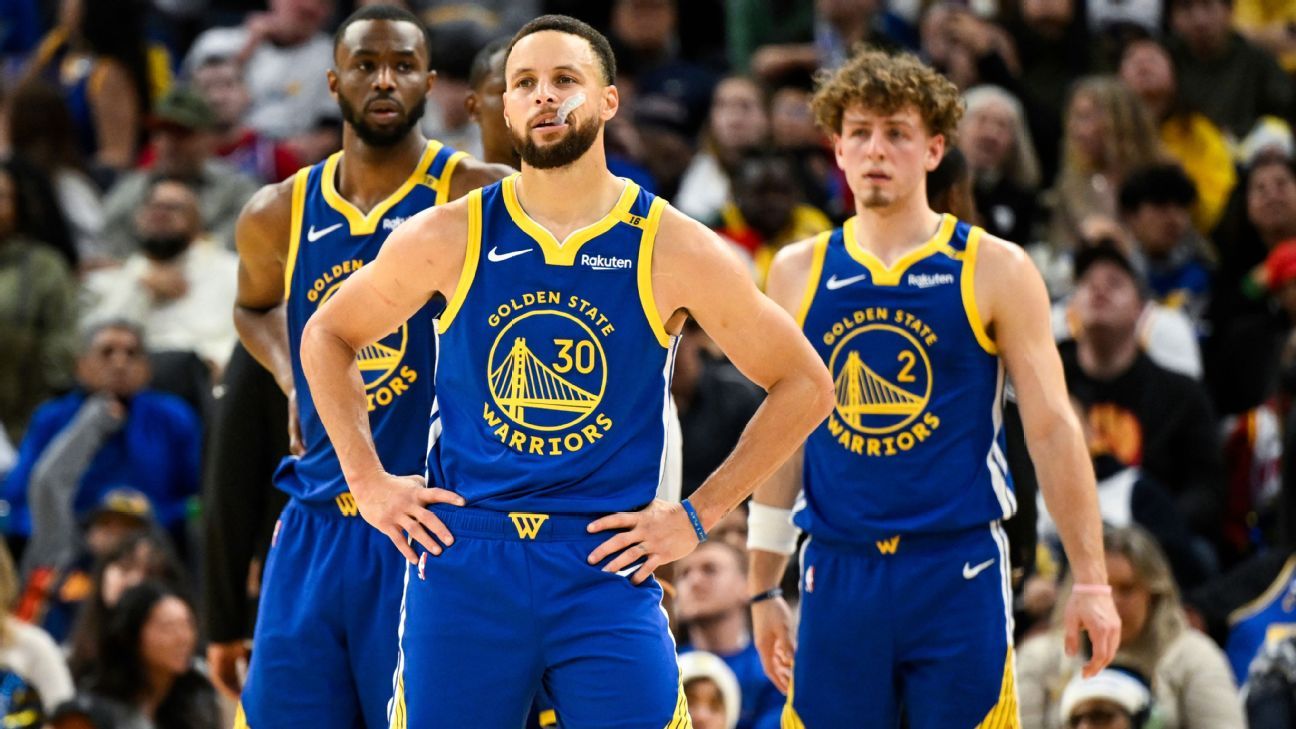
The NCAA will host its entire postseason tournament in Indianapolis and surrounding areas with a bubble-like format, officials announced on Monday.
All 68 teams will come to compete for the national championship and play most of the games at multiple venues in Indianapolis, while some games will be staged in Bloomington and West Lafayette. The bulk of the teams will also stay in hotels connected to the Indiana Convention Center, which will be used as a practice facility, per the announcement.
Selection Sunday is still scheduled for March 14 and the Final Four is set to be held April 3 and 5 at Lucas Oil Stadium in Indianapolis.
In Indianapolis, Bankers Life Fieldhouse, Hinkle Fieldhouse and Indiana Farmers Coliseum will be used for tournament games, along with Mackey Arena in West Lafayette and Assembly Hall in Bloomington, per the announcement.
"This is a historic moment for NCAA members and the state of Indiana," NCAA president Mark Emmert said in a statement. "We have worked tirelessly to reimagine a tournament structure that maintains our unique championship opportunity for college athletes. The reality of today's announcement was possible thanks to the tremendous leadership of our membership, local authorities and staff."
The monumental effort will comprise the largest bubble-like attempt by any major sport during the pandemic.
A local health partner in Indianapolis will handle testing for all players, coaches, staffers, officials and others connected to the event. The announcement did not specify the frequency of testing in what NCAA officials are calling a "controlled environment" but Marion County officials have approved the NCAA's plan and protocols.
Teams will stay on "dedicated hotel floors" and abide by social distancing throughout their time in the tournament. And a "limited number of family members" will be permitted to watch games, while the other details about fans remains undetermined.
"The 2021 version of March Madness will be one to remember, if for no other reason than the uniqueness of the event," said Dan Gavitt, NCAA senior vice president of basketball. "With the direction of the men's basketball committee, we are making the most of the circumstances the global pandemic has presented. We're fortunate to have neighbors and partners in Indianapolis and surrounding communities who not only love the game of basketball as much as anyone else in the country but have a storied history when it comes to staging major sporting events."
The NCAA's headquarters are located in Indianapolis.
In November, the NCAA said Indianapolis was its preferred site for a one-city postseason tournament, which then said it would eliminate the 13 preliminary sites and traditional format to mitigate risk amid pandemic. At the time, the NCAA did disclose an abundance of details, only saying its plan would involve multiple sites around one metro area.
"My committee colleagues and I did not come lightly to the difficult decision to relocate the preliminary rounds of the 2021 tournament, as we understand the disappointment 13 communities will feel to miss out on being part of March Madness next year," Mitch Barnhart, chair of the Division I Men's Basketball Committee and University of Kentucky athletic director, said in the November announcement. "With the University of Kentucky slated to host first- and second-round games in March, this is something that directly impacts our school and community, so we certainly share in their regret. The committee and staff deeply appreciate the efforts of all the host institutions and conferences, and we look forward to bringing the tournament back to the impacted sites in future years."
But the NCAA's initial decision sparked questions about the viability and logistical feasibility of a 68-team tournament in one city during the COVID-19 pandemic.
Gavitt said then that the event would be hosted in a "controlled environment," but he did not use the word "bubble."
Following the November announcement, coaches around the country told ESPN they would support any version of the NCAA tournament after the event was canceled last season, resulting in a $375 million loss for the NCAA.
"It's just a logistical nightmare," Houston coach Kelvin Sampson told ESPN last month, before adding: "If that's what we have to do, let's do it."















 Phone: (800) 737. 6040
Phone: (800) 737. 6040 Fax: (800) 825 5558
Fax: (800) 825 5558 Website:
Website:  Email:
Email: 






